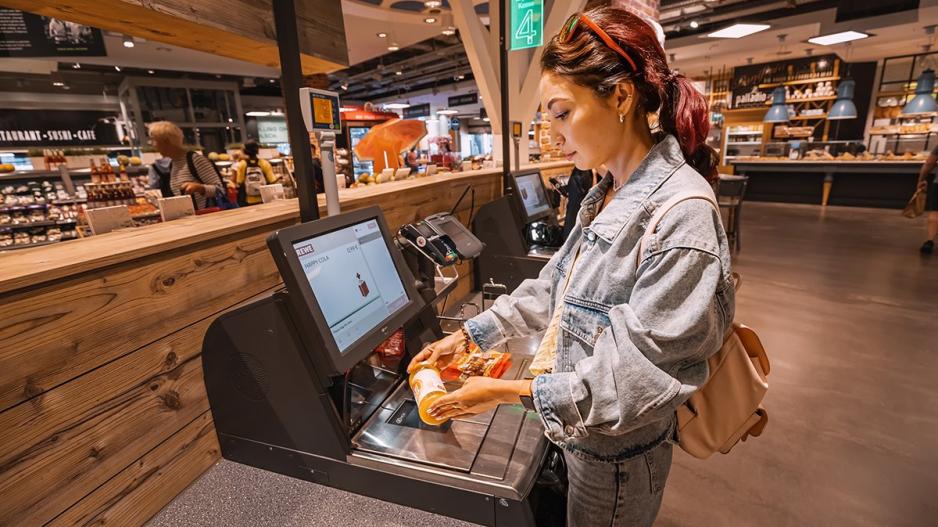The Self-Checkout Conundrum: Retailers Rethink Automation Amid Customer Frustration
Increased Theft and Technical Glitches Prompt Retail Giants to Reassess Self-Service Kiosks
In a shift from what was once heralded as a retail revolution, several major retailers are scaling back on their self-checkout kiosks, responding to customer frustration and increasing instances of theft. This trend marks a departure from the initial embrace of unstaffed tills that promised efficiency and cost savings for businesses and convenience for shoppers.
Retail behemoths like Target and Walmart are leading this change. Target has implemented item limits for self-checkout transactions, while Walmart has removed some kiosks to deter theft. In the UK, Booths supermarket reduced its self-service kiosks, citing slow and unreliable performance. Dollar General, in a surprising turn, announced plans to increase staff numbers, especially in checkout areas, deviating from its heavy reliance on self-checkout systems.
The move comes amid growing realization that the expected benefits of self-checkout are not materializing as anticipated. The technology, first developed in the 1980s and appearing in stores in the 1990s, has proven costly, with some estimates suggesting a four-kiosk system could cost six figures.
The self-checkout technology not only failed to deliver on the promise of reduced labor costs but also led to operational challenges. Customers often require assistance for errors or age checks, leading to queues and delays - the very inconvenience self-checkout aimed to eliminate. Additionally, data indicates that retailers using self-checkout technology have loss rates more than double the industry average due to theft.
Despite these setbacks, many large retail chains are likely to retain the kiosks due to sunk costs but are re-evaluating their strategies. Instead of relying solely on self-service, they are giving customers the option to choose between human and machine. This strategy acknowledges the consumer's preference for efficiency without compromising on the personal touch and reliability that manned tills offer.






